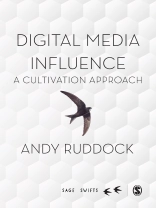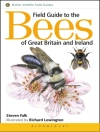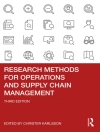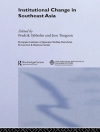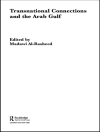Populism, misogyny, rampage murders. Digital media seem to lie at the heart of sinister, intractable social challenges. Curiously, the very societies who fear such things are often dismissive of media research. Addressing key issues affecting global media industries, this book explains how to solve the present conundrum by appreciating the historical development of cultivation theory.
Digital Media Influence ties cultivation themes, such as mean world syndrome, mainstreaming, the celebration of white male violence, the ridiculing of ageing women, the inhibition of activism, the mediatisation of religion and the erosion of trust in education, with contemporary digital media case studies. Considering the aftermath of the Parkland murders, political memes, Islamophobia, the fate of female reality TV stars and the bad press directed at media education, Ruddock shows how these phenomena are born of media practices that cultivation theory began to dissect in the 1950s.
Paying close attention to the life and work of George Gerbner, Digital Media Influence locates today’s questions in the historical forces and relationships that moved media industries closer to the heart of global politics in the mid-20th century. It makes Gerbner’s work relevant to all critical media researchers by providing a theoretical, methodological and historical steer for understanding new media influences. In explaining how one of the world’s leading media theories developed in relation to intriguing historical circumstances – many of them deeply personal – this book helps researchers of all levels to find their voice in writing on media issues.
विषयसूची
Chapter 1. Cultivation Analysis and the World of George Gerbner
Chapter 2. School Shootings: The Mean World Syndrome
Chapter 3. Stories of White Male Power? Understanding Trumpism
Chapter 4. ′Mainstreaming′: How Media Normalise Islamophobia
Chapter 5. Casting and Fate: It′s Different for Girls; Policing Women Onscreen
Chapter 6: Things Can Only Get Better: The Difficulties of Building a Cultural Environment Movement
Conclusion: the Crisis in Media Education: A Cultivation Perspective
लेखक के बारे में
Andy Ruddock lectures in Communications and Media Studies at Monash University. He has authored four books on researching media influence. Andy is known for his work on Cultivation Theory. He has published over 50 book chapters and journal articles, applying this theory to media violence, gaming, reality TV, political celebrity pornography, drug and alcohol abuse, sport and media education. Andy is currently writing Cultivation Theory and Digital Media Challenges. This new book details the history of cultivation theory and explains its relevance to contemporary “isms”; activism, sexism, Trumpism, and extremism.
